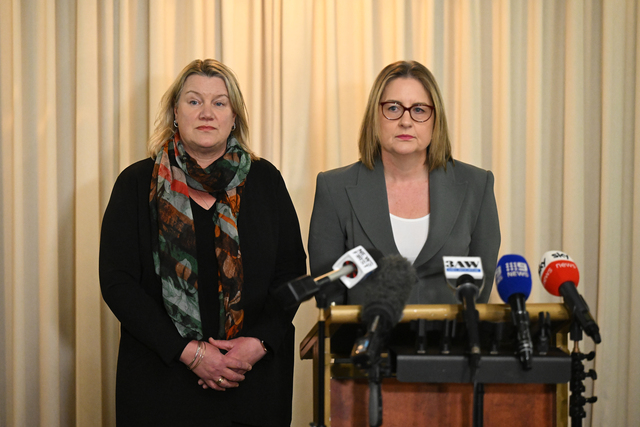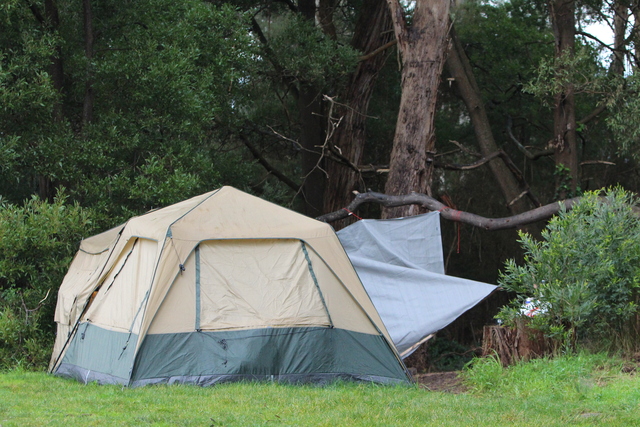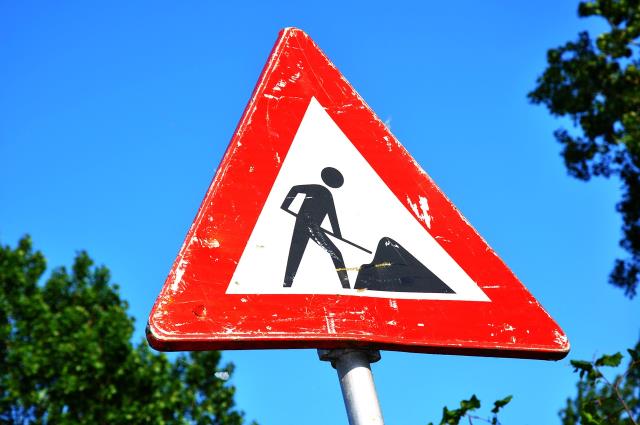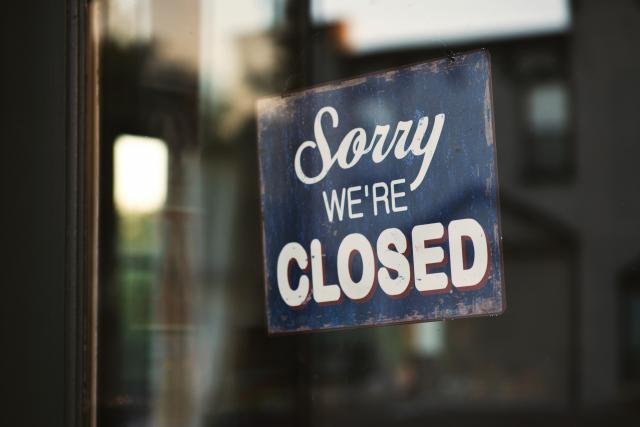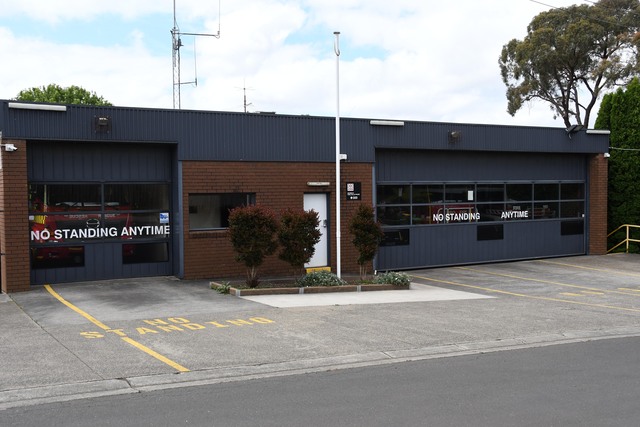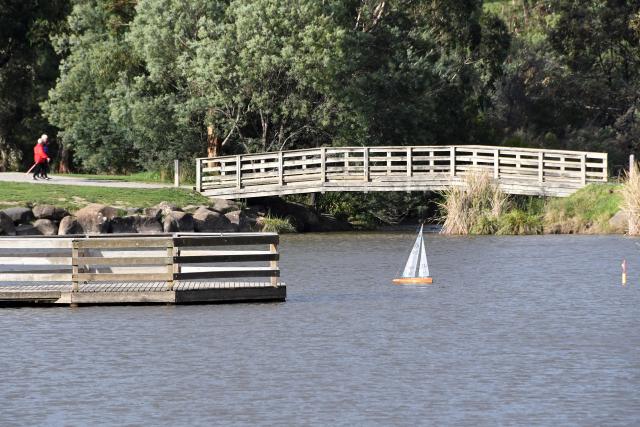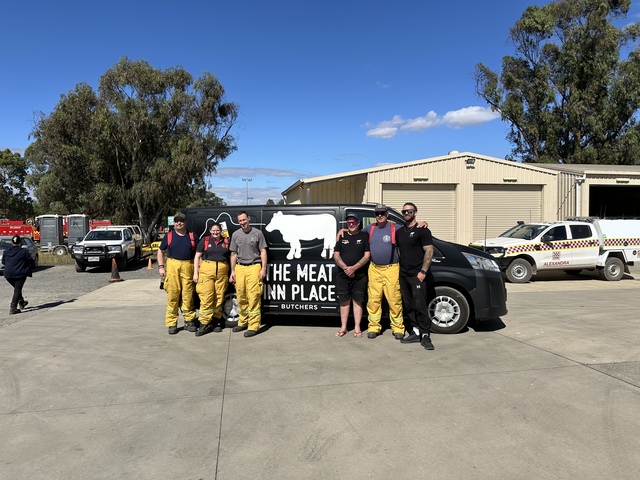The devastating loss of each Victorian to suicide is more than just a statistic, they are a beloved family member and friend and in an effort to ensure the most vulnerable people in the community get the support they need, the Victorian Government has announced its new 10 year strategy.
The new Victorian Suicide Prevention and Response Strategy 2024-2034 will tackle the devastating impacts of suicide by establishing a whole-of-government and community-wide response to suicide in Victoria and elevating suicide prevention and response across all Victorian government-decision making.
“Suicide has a long-lasting and far-reaching effect on our communities – it’s why we listened and learned from those with lived experience to identify and respond to the factors that contribute to and protect against suicide,” mental health minister Ingrid Stitt said.
“We are working to deliver robust suicide prevention and support measures that are safe, accessible, and respectful to all Victorians, no matter who they are or where they live.”
The 10-year strategy was a key recommendation of the Royal Commission into Victoria’s Mental Health System and forms a crucial part of the ongoing transformation to Victoria’s mental health and wellbeing system.
Acknowledging the wide-ranging factors of suicidal distress, like economic stress and family violence, the strategy is supported by an implementation plan which outlines our whole-of-government, community-wide approach.
These rolling implementation plans will allow the government to respond flexibly to emerging issues and new evidence across the life of the strategy and shift approaches and focus accordingly.
Developed with clinicians and experts in the mental health sector, the strategy also includes the input of people with lived experience – recognising they are best placed to understand the factors that can contribute to suicide.
The strategy adds to the important work the Labor Government is already doing on suicide prevention, including the Hospital Outreach Post-suicidal Engagement (HOPE) initiative to enhance support for people leaving an emergency department or medical ward following treatment for an attempted suicide, planning or intent.
The HOPE initiative started as a trial at six initial emergency departments, with Eastern Health’s Maroondah services one of these. It is now available at 33 sites including a service for children and young people in partnership with four specialist youth mental health providers.
Eastern Health was also the first clinical healthcare provider to commence Suicide Prevention Australia’s Suicide Prevention Accreditation Program for its HOPE Service and Brief Intervention Team.
While reducing suicide is the strategy’s main goal, it also aims to address and reduce factors that contribute to suicide such as childhood trauma, economic stress, harmful drug and alcohol use and family violence – focusing on increasing social inclusion and connection to culture.
Since the Royal Commission, significant progress has been made with work underway to implement over 90 per cent of its recommendations and more than $6 billion invested in the system over the past three years.

